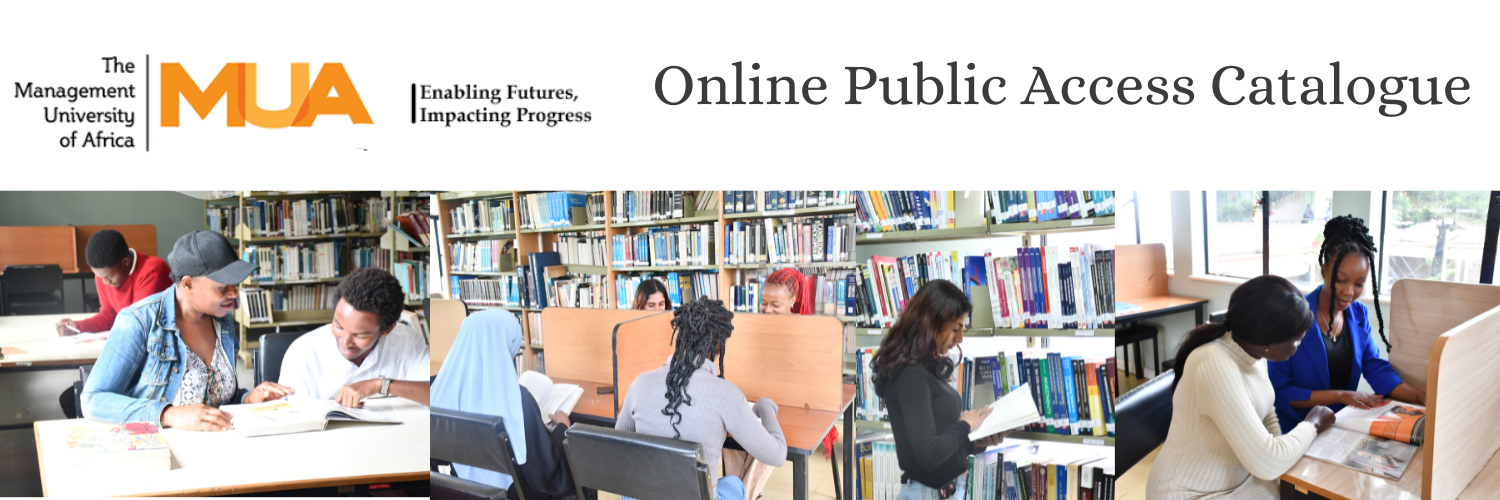World Development Report 2004 ( Overview ) (Record no. 15688)
[ view plain ]
| 000 -LEADER | |
|---|---|
| fixed length control field | 02344cam a22003254a 4500 |
| 001 - CONTROL NUMBER | |
| control field | 1329 |
| 003 - CONTROL NUMBER IDENTIFIER | |
| control field | The World Bank |
| 006 - FIXED-LENGTH DATA ELEMENTS--ADDITIONAL MATERIAL CHARACTERISTICS--GENERAL INFORMATION | |
| fixed length control field | m d |
| 007 - PHYSICAL DESCRIPTION FIXED FIELD--GENERAL INFORMATION | |
| fixed length control field | cr cn||||||||| |
| 008 - FIXED-LENGTH DATA ELEMENTS--GENERAL INFORMATION | |
| fixed length control field | 020129s2003 dcu o i001 0 eng |
| 020 ## - INTERNATIONAL STANDARD BOOK NUMBER | |
| International Standard Book Number | 0821356372 |
| Terms of availability | 0.00 USD |
| 020 ## - INTERNATIONAL STANDARD BOOK NUMBER | |
| Cancelled/invalid ISBN | 9780821356371 |
| 024 8# - OTHER STANDARD IDENTIFIER | |
| Standard number or code | 10.1596/0-8213-5637-2 |
| 035 ## - SYSTEM CONTROL NUMBER | |
| System control number | (The World Bank)1329 |
| 110 2# - MAIN ENTRY--CORPORATE NAME | |
| Corporate name or jurisdiction name as entry element | World Bank |
| 245 10 - TITLE STATEMENT | |
| Title | World Development Report 2004 ( Overview ) |
| Medium | [electronic resource] |
| Remainder of title | Making Services Work for Poor People |
| 260 ## - PUBLICATION, DISTRIBUTION, ETC. (IMPRINT) | |
| Place of publication, distribution, etc | Washington, D.C. : |
| Name of publisher, distributor, etc | The World Bank, |
| Date of publication, distribution, etc | 2003 |
| 300 ## - PHYSICAL DESCRIPTION | |
| Extent | 1 online resource (26 p.) |
| 490 1# - SERIES STATEMENT | |
| Series statement | World Development Report |
| 520 3# - SUMMARY, ETC. | |
| Summary, etc | Too often, services fail poor people-in access, in quality, and in affordability. But the fact that there are striking examples where basic services such as water, sanitation, health, education, and electricity do work for poor people means that governments and citizens can do a better job of providing them. Learning from success and understanding the sources of failure, this year’s World Development Report, argues that services can be improved by putting poor people at the center of service provision. How? By enabling the poor to monitor and discipline service providers, by amplifying their voice in policymaking, and by strengthening the incentives for providers to serve the poor. Freedom from illness and freedom from illiteracy are two of the most important ways poor people can escape from poverty. To achieve these goals, economic growth and financial resources are of course necessary, but they are not enough. The World Development Report provides a practical framework for making the services that contribute to human development work for poor people. With this framework, citizens, governments, and donors can take action and accelerate progress toward the common objective of poverty reduction, as specified in the Millennium Development Goals. |
| 588 ## - | |
| -- | Description based on print version record. |
| 650 #4 - SUBJECT ADDED ENTRY--TOPICAL TERM | |
| Topical term or geographic name as entry element | Health Monitoring and Evaluation |
| 650 #4 - SUBJECT ADDED ENTRY--TOPICAL TERM | |
| Topical term or geographic name as entry element | Health, Nutrition and Population |
| 650 #4 - SUBJECT ADDED ENTRY--TOPICAL TERM | |
| Topical term or geographic name as entry element | Population Policies |
| 710 2# - ADDED ENTRY--CORPORATE NAME | |
| Corporate name or jurisdiction name as entry element | World Bank |
| 776 08 - ADDITIONAL PHYSICAL FORM ENTRY | |
| Main entry heading | Print Version: |
| International Standard Book Number | 9780821356371 |
| 830 #0 - SERIES ADDED ENTRY--UNIFORM TITLE | |
| Uniform title | World Bank e-Library. |
| 830 #0 - SERIES ADDED ENTRY--UNIFORM TITLE | |
| Uniform title | World Development Report |
| 856 40 - ELECTRONIC LOCATION AND ACCESS | |
| Uniform Resource Identifier | <a href="http://elibrary.worldbank.org/doi/book/10.1596/0-8213-5637-2">http://elibrary.worldbank.org/doi/book/10.1596/0-8213-5637-2</a> |
No items available.
